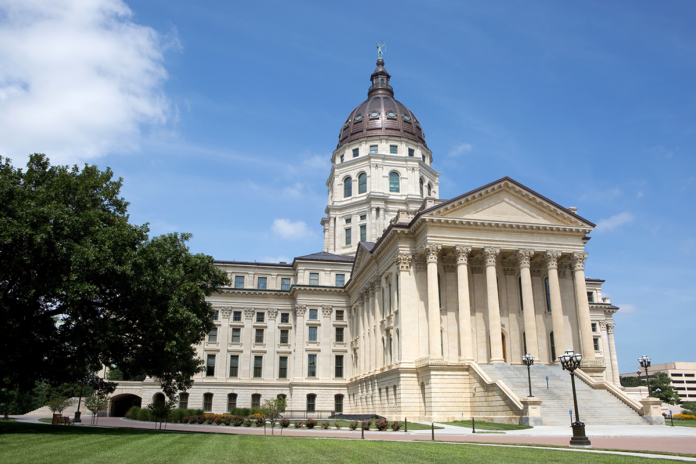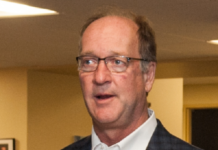A new plan is emerging in the Kansas House for trying to break the impasse and pass the constitutional amendment on abortion.
House Speaker Ron Ryckman Jr. has discussed the possibility of splitting the debate into two resolutions that could be easier to pass.
The bills would ask lawmakers to answer separately:
Should there be an election on the amendment, and secondly, when should it be held?
One resolution would propose putting a constitutional amendment on the ballot that would require 84 votes to pass but would not set a specific date for the election.
A second resolution would set the date of the election in August, but may not need the same 84 votes, or two-thirds majority, the amendment would need and now lacks.
The strategy would give the amendment a path around the 84-vote majority that is now a hurdle to passage.
It would give lawmakers an opportunity to support the abortion amendment but oppose the proposed primary date.
Meanwhile, the bill setting the election date – at least in theory – would need only 63 votes for passage.
The idea has been kicked around at the Capitol for the last couple of weeks, and Attorney General Derek Schmidt just provided an opinion about the two-step method.
“There’s really two questions: Whether the people should have the opportunity to vote and when,” Ryckman said in a statement when asked about the idea last week.
“We know the majority of the Legislature wants to give people the right to vote, so let’s resolve that part of it. What we don’t know is when,” he said.
“This gives legislators a chance to keep talking with each other and their constituents about the best timing,” he said.
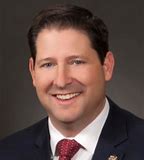
It was unknown whether Ryckman would employ the strategy as he tries to find the 84 votes needed to pass the amendment.
He said he’s still negotiating for votes and has not decided whether to attempt the two-resolution strategy.
The amendment came up four votes short on Feb. 7, largely because critics said the August primary, with its limited voter turnout, was the wrong time to hold an election on an issue of such magnitude.
Supporters of the amendment believe their best chances for passing the amendment is in August when turnout is smaller and Republicans tend to outnumber Democrats at the polls.
Republican state Rep. Don Hineman was among the four GOP legislators who opposed the amendment.
He wanted voters to consider the abortion amendment in the general election, not the primary.
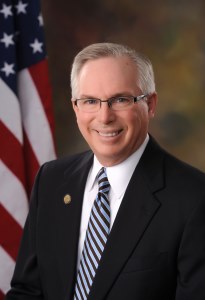
The two-resolution approach was a nonstarter, he said.
“The reason we insist on being, ‘No’ is that we truly believe it needs to be in November,” Hineman said.
“Voting for the first half of the two-resolution gambit just to save face is phony,” he said. “You know where it’s going to lead. We’re not going to take that bait.”
The House’s inability to pass the constitutional amendment has set up a standoff over Medicaid expansion.
Senate President Susan Wagle, now amid a race for the U.S. Senate, has blocked Medicaid expansion until the House passes the constitutional amendment on abortion.
Abortion opponents are pushing hard for the amendment, which would reverse a state Supreme Court ruling that found the right to an abortion is protected by the state Constitution.
Last week, Schmidt said in an opinion that he believed that two-thirds support is required for the proposed amendment. He said a bill setting the date for the election would be different.
“The case law and plain constitutional language text strongly suggest that a simple majority would be sufficient to adopt a concurrent resolution setting a special election to consider a separately proposed constitutional amendment,” Schmidt wrote.
However, Schmidt pointed out that no Kansas court has decided the question since the constitution was changed to allow amendments to be voted on in elections other than the November general.
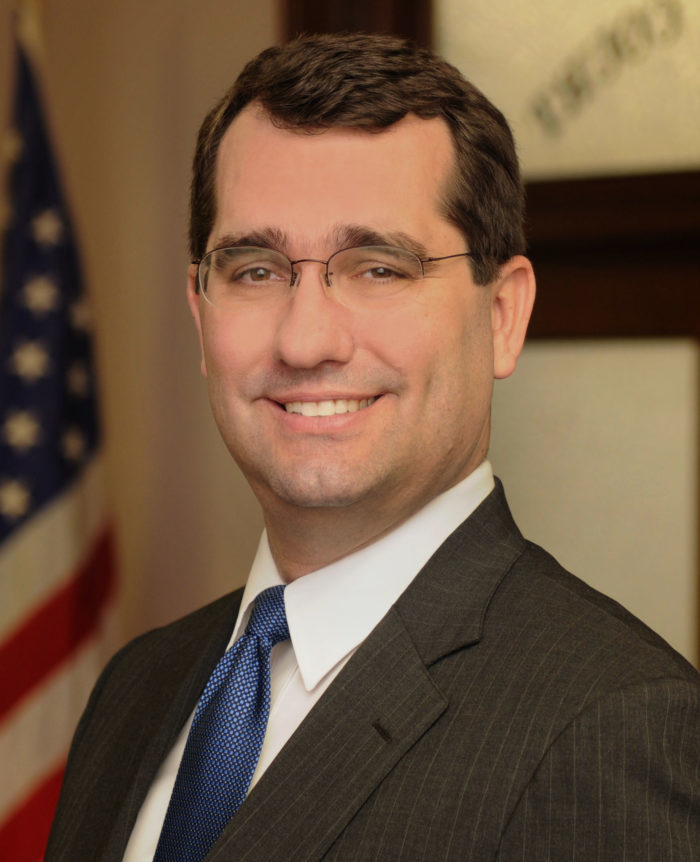
He also added that the state Supreme Court’s “approach to interpreting law can sometimes be difficult to predict.”
The Republican attorney general noted that the Kansas Constitution was amended in 1970 to allow an amendment to be submitted to the voters at a special election sometime other than November.
Since that amendment was passed, 45 constitutional amendments have been put to a vote, the attorney general wrote.
Twenty-nine amendments have been placed on the ballot in November.
Twelve were considered in special elections during the August primary.
Four were put to the voters during local elections in April.
Three propositions were rejected in November, one was turned down each in August and the April local election.
The last constitutional amendment put on the ballot outside of November was in 2005 when voters banned same-sex marriage during the April election.
Schmidt said the courts have set a high standard for overturning legislative resolutions proposing constitutional amendments.
He cited a 1971 state Supreme Court case that said a state law or a concurrent resolution is presumed constitutional.
“All doubts must be resolved in favor of their validity, and before they may be stricken down it must appear the infringement of the constitution is clear beyond substantial doubt,” the court ruled.
However, Schmidt acknowledged in that case that the court struck down the constitutional amendment in question because the Legislature exceeded its “limited power” by submitting an amendment to the voters with multiple subject matters.
The court in that 1971 case found that the Legislature’s power to change the constitution was to be “strictly construed under the limitations by which it is conferred.”
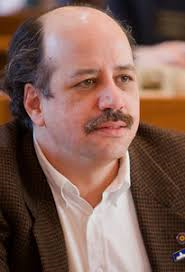
House Minority Leader Tom Sawyer has discussed the idea with Ryckman. He’s skeptical it will work.
“The problem is, I think, is everybody can see what he’s doing. I don’t think it makes any difference,” Sawyer said.
“I don’t see why anyone would vote for that first (bill) knowing that the…second one is going to put it in August,” he said.
Sawyer wondered whether it could be done.
“It raises a lot of question marks,” he said. “It’s very questionable.”
Sawyer wondered whether the Legislature could put the issue on the primary ballot, noting the constitution says that amendments shall be put to the voters at “the next election for representatives or a special election called by concurrent resolution of the Legislature…”
Sawyer predicted that putting the amendment on the primary ballot would invite a legal challenge.
“I think if they run it in August and call it the August special election, I think somebody will challenge that,” he said.







